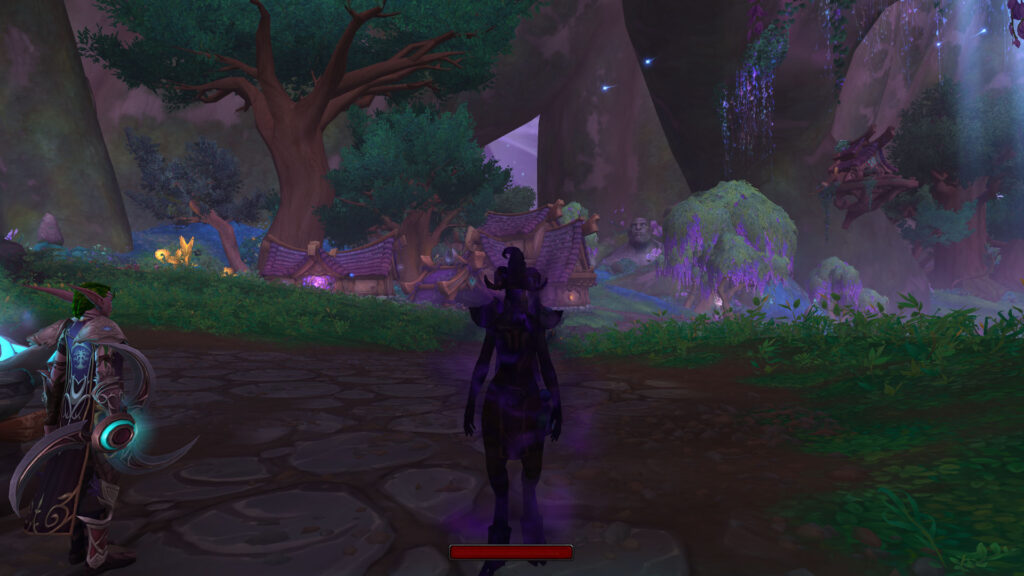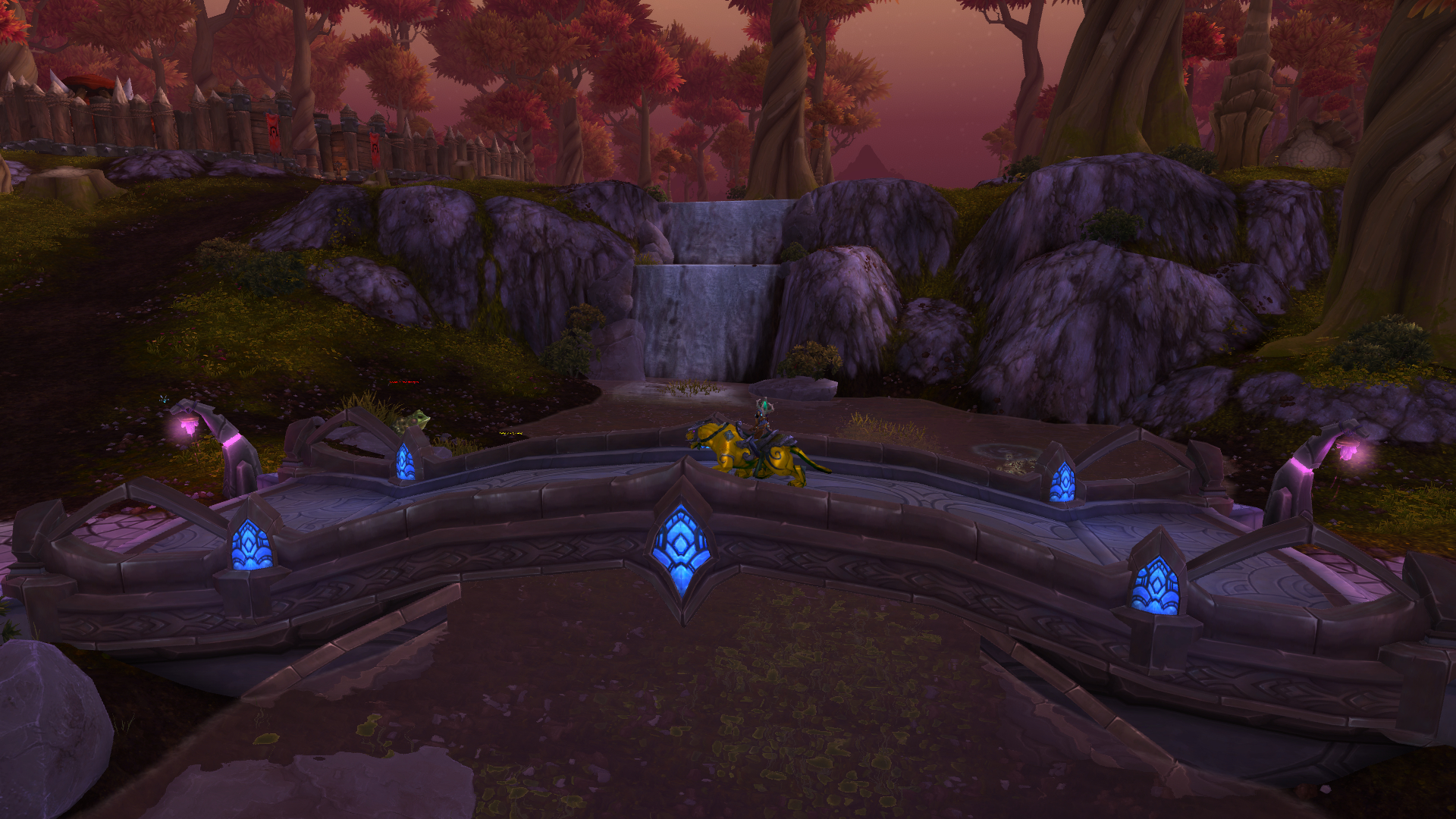Digital experiences shape who we are today. The line between gaming and spirituality grows less distinct with each passing year. Modern video games have evolved into immersive worlds where players face questions of morality, purpose, myth, and even the divine. For those who pay attention to symbolism and meaning, gaming can be more than a hobby.

The Mythic Roots of Modern Gaming and Spirituality
To understand gaming and spirituality, we must acknowledge its mythological roots. From the earliest storytelling traditions, humanity has always crafted tales of heroes. These same themes now permeate video games, where the player becomes the protagonist in a digital mythology.
For example, consider The Legend of Zelda, where Link embarks on a quest that mirrors the Hero’s Journey: first comes the call to adventure, followed by trials and transformation, and ultimately culminating in mastery. Similarly, in Journey, the entire experience revolves around a pilgrimage across an ancient, sacred landscape that steadily leads the player toward a glowing summit. Taken together, these aren’t merely game mechanics; rather, they are mythic echoes, reinterpreted and reimagined for the digital age.
In the same way, even massively multiplayer games like World of Warcraft are woven with cosmologies, shadow realms, divine beings, and cyclical tales of light versus darkness. Moreover, these narrative elements closely mirror the archetypal stories found in world religions, occult traditions, and spiritual texts.

Gaming and Spirituality: Avatars as Reflections of the Soul
In games and spirituality, we don’t just watch a story—we step into it. The avatar, your customizable character, acts as a reflection of the self. Whether you realize it or not, you often project parts of your psyche onto that character.
In many ways, this is a form of spiritual practice. Just as shamans use masks to invoke other aspects of consciousness, and mystics adopt personas in ritual to channel divine energy, gamers likewise experiment with identity, agency, and morality. Moreover, every decision—whether to spare or smite, to serve or betray—can reflect internal dialogues and mirror deeper moral dilemmas.
Role-playing games make this even clearer. Titles like Dragon Age and Mass Effect ask you to manage alliances, question authority, and weigh loyalty. They frame decisions with themes like martyrdom, redemption, and sacrifice. The spiritual path isn’t about perfect purity; it’s about staying aware of the journey.

Gaming and Spirituality: Digital Ritual and Sacred Space
To begin with, many spiritual traditions rely on ritual—a sequence of intentional acts performed in sacred time and space. At first glance, gaming and spirituality may not appear sacred; however, the structured nature of gameplay, combined with immersive sound, imagery, and narrative design, gradually creates a ritualistic experience.
Logging into a favorite game at the same time each day can feel like a ritual. Lighting a candle before a boss fight or putting on a headset with care carries the same weight. These actions mirror devotional habits. In online worlds, especially MMORPGs, players also gather for shared moments—community events, vigils, and even in-game funerals. Each one marks a sense of presence and symbolic action.
Games like Sky: Children of the Light or Abzû are designed specifically to evoke a meditative or awe-inspired state. The fluid motion, ambient music, and visual transcendence in these titles often leave players with a sense of peace or connection—similar to what one might feel after prayer, dance, or a quiet walk in nature.

Confronting the Shadow
Spiritual paths often emphasize integration—becoming whole by facing one’s shadow. Carl Jung, a major voice in modern psychology and spiritual philosophy, described the shadow as the repressed parts of the self. Interestingly, many video games are structured around this very idea: fighting monsters, navigating moral gray zones, and confronting personal darkness.
In Silent Hill 2, for instance, the monsters are psychological projections of the protagonist’s guilt and trauma. The game isn’t just horror—it’s a reckoning. Similarly, Hellblade: Senua’s Sacrifice explores mental illness, grief, and Norse spiritual concepts as Senua journeys into the underworld to confront inner and outer demons.
When players willingly immerse themselves in these darker narratives, they engage with shadow work. It’s uncomfortable but transformative. The spiritual alchemy of gaming lies not only in fantasy but also in the courage to explore what lurks beneath the surface.

The Occult in Gaming
Beyond general spirituality, many games explicitly incorporate occult themes: tarot, astrology, magic systems, deities, and rituals. Titles like Persona, Bloodborne, and The Binding of Isaac play heavily with esoteric symbology. For those who study or practice occult traditions, these aren’t just thematic choices—they’re references to real-world frameworks of mystical thought.
Tarot cards in Persona represent archetypes from the Major Arcana. The chalices, swords, and wands aren’t decorative—they signal energies, forces, and psychological states. Players drawn to these systems often find themselves inspired to explore them outside the game, blurring the line between virtual learning and spiritual practice.
The popularity of witchcraft-inspired games like Cult of the Lamb, Bayonetta, or Little Witch in the Woods shows that modern players are hungry for narratives where power, ritual, and transformation are not only accepted but central.

Gaming as Collective Spirituality
One of the most profound aspects of spirituality is connection—between self and other, self and divine, or community and cosmos. Multiplayer games offer a unique venue for collective spiritual experience. Shared quests, guilds, and even player-made shrines or memorials cultivate a sense of sacred belonging.
In Final Fantasy XIV, for example, communities have held vigils for players who passed away, gathered to celebrate life milestones, and even officiated weddings. The emotional resonance of these moments is real. Players bond across vast distances, often forming friendships deeper than those in the physical world.
Twitch streamers and content creators often act as spiritual anchors in these communities—holding space, fostering kindness, and sometimes even guiding discussions on mental health, purpose, and healing. In these digital temples, viewers and players alike can experience a kind of communion.

Gamification of Mindfulness
The rise of mindfulness-based games is another intersection point. Titles like Flower, Gris, and Spiritfarer are designed not for competition, but for reflection. These games prioritize feeling, presence, and story over adrenaline or conquest. They encourage slowness, awareness, and emotional depth—traits central to many spiritual traditions.
Apps and VR experiences like Tripp, Liminal, or Guided Meditation VR gamify relaxation and presence, helping users cultivate spiritual awareness in bite-sized, interactive formats. The boundary between tech and sacred is dissolving.

The Double-Edged Sword: Addiction and Disconnection
Of course, not all gaming experiences foster spiritual growth. Just as any tool—ritual, prayer, substances, or technology—can be used constructively or destructively, games can become escapist crutches when used to avoid inner work or disconnect from reality.
It’s essential to discern intention: Are we playing to connect, reflect, and evolve? Or are we numbing pain, ignoring life’s demands, and avoiding self-awareness?
Gaming at the crossroads of spirituality is not inherently positive or negative. It is potential. Much like a tarot deck, it’s a mirror. A temple, on the other hand, requires intention. And as with any ritual, it demands presence.

Final Thoughts: The Sacred Is Where You Find It
As virtual worlds expand through VR, AI, and augmented reality, the question is no longer if gaming will become spiritual—it already has. The real question is how we choose to engage with it.
Play a game for fun, and you’ll find joy. Play it to escape, and you’ll find distraction. But play it as a mirror, a path, or a rite of passage, and you may uncover something deeper: your own reflection, staring back at you, pixel by pixel, soul by soul.

The crossroads are here. Which path will you take?




